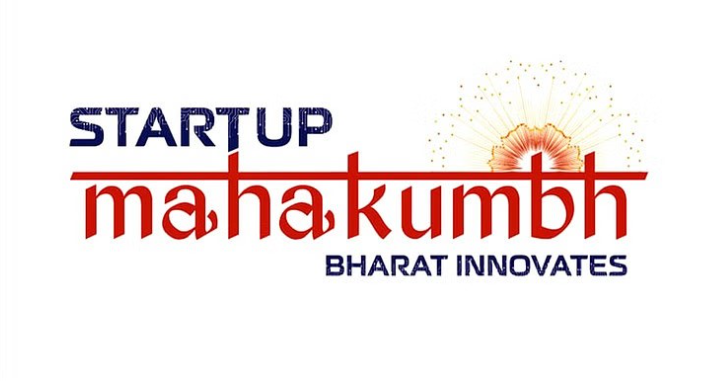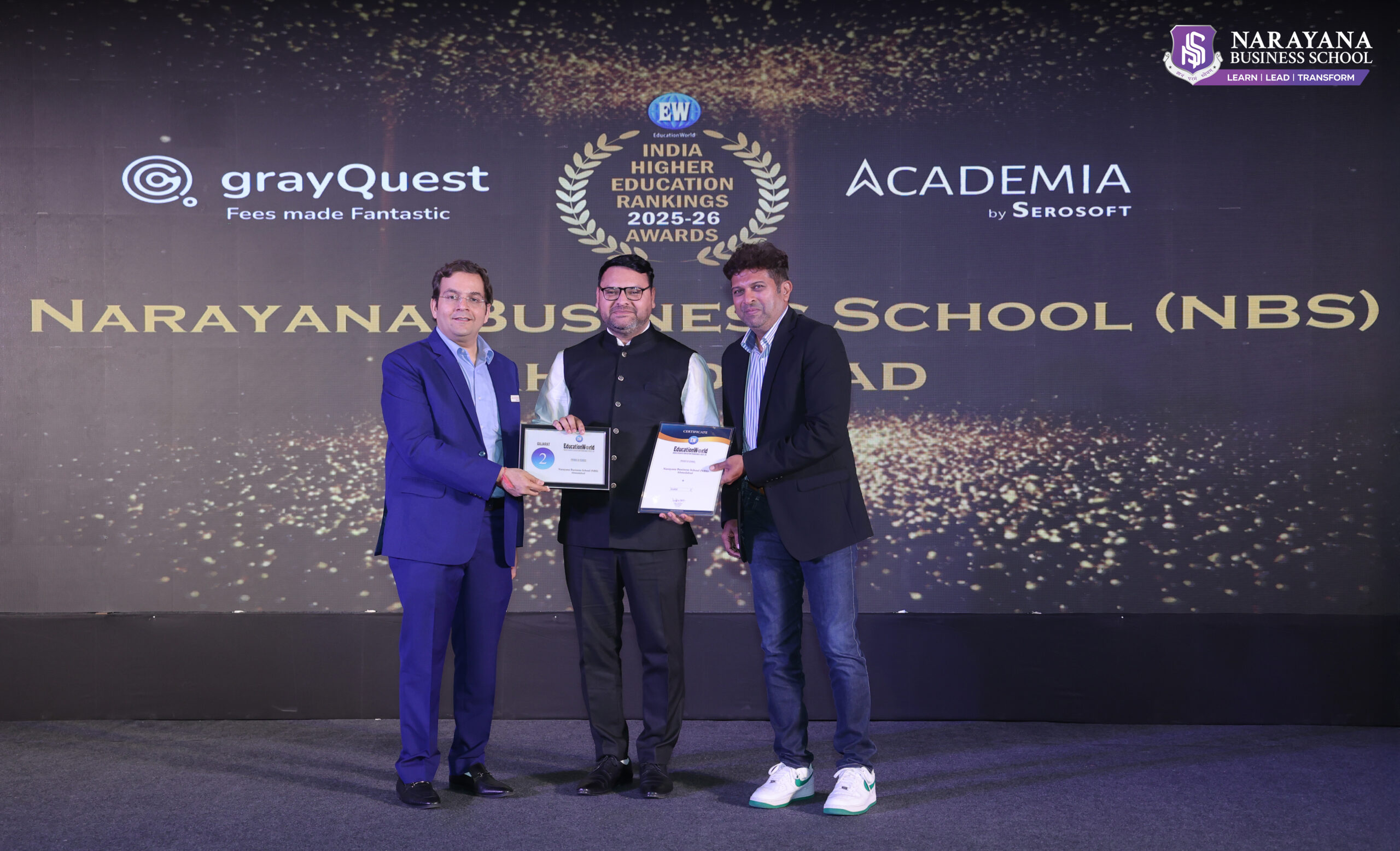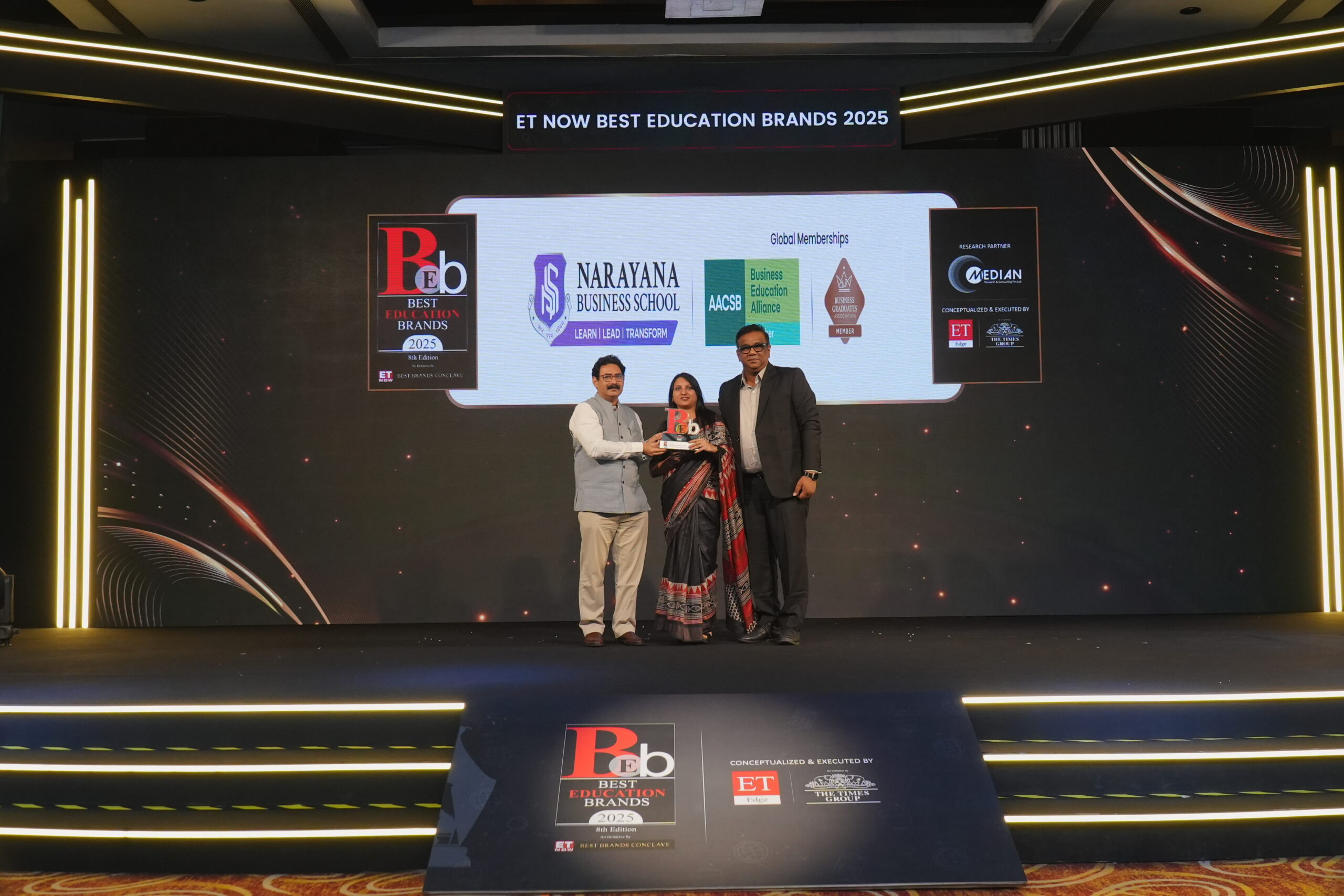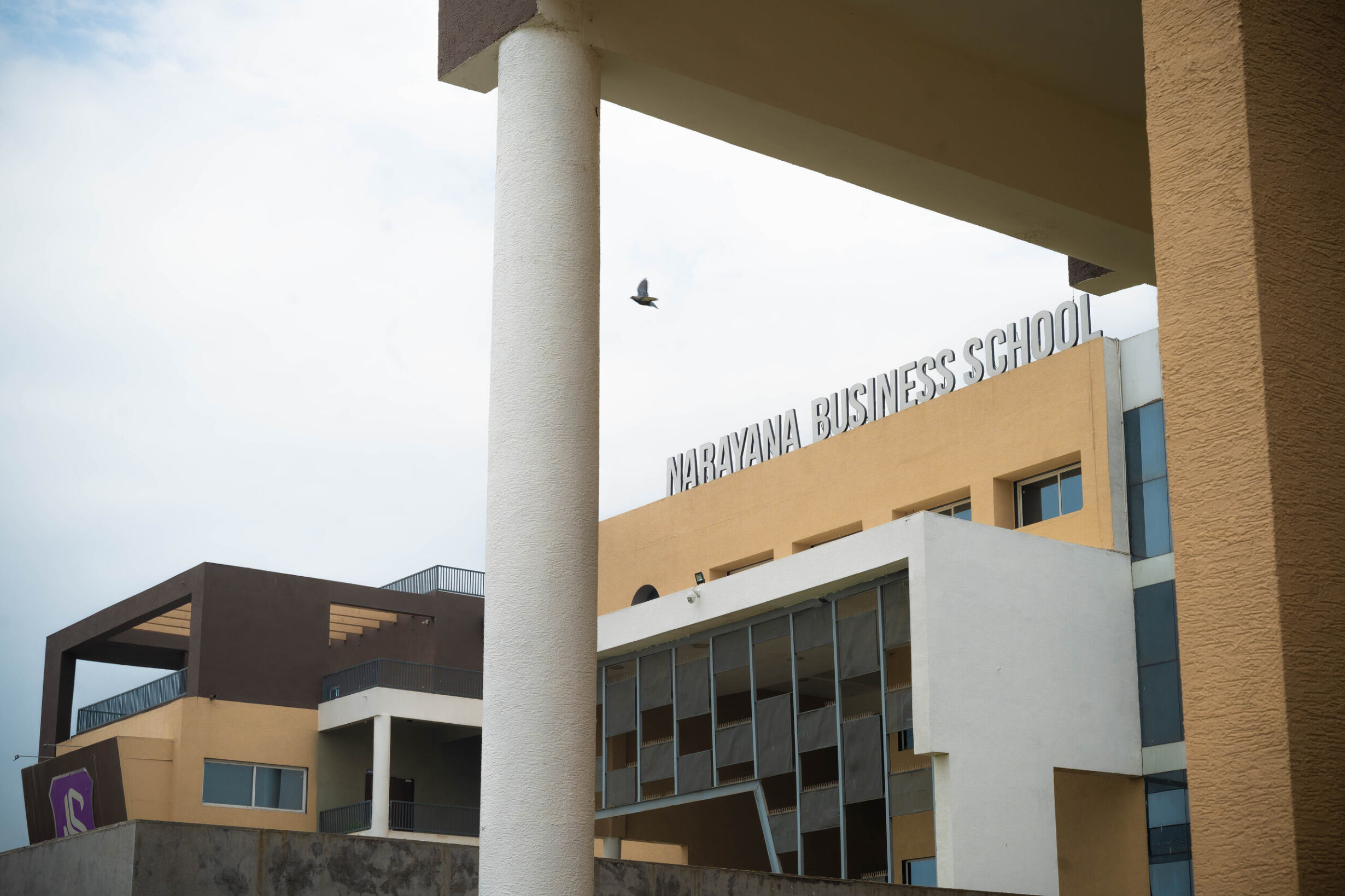Held from April 3 to 5 at the sprawling Bharat Mandapam in New Delhi, the second edition of Startup Mahakumbh drew over 3,000 startups, 1,000 investors and incubators, 10,000 delegates from more than 50 countries, and an impressive 50,000 business visitors. As echoes of the inaugural event still linger, this year’s gathering has been crafted to ignite not only regional innovation but also global entrepreneurial synergies. The theme “Startup India @ 2047: Unfolding the Bharat Story”, aptly captures an ambition that stretches from humble district-level initiatives to impactful global ventures.
Inaugurated by our Prime Minister Narendra Modi, this platform was a statement to the community and beyond that today’s India is all about growth, innovation and solution. For years, and we mean it, for years, anything Indian was considered second, given side eyes while welcoming everything western with open arms.
India is a country which in many ways underwrote multiple global rules, regulations, gave ancient wisdom which turned into modern innovation likes of which are still being used to today worldwide. With Viksit Bharat, as they say, India is only beginning to rise.
We, Vishal Tiwari – VP Growth & Strategy along with Kushagra Agarwal – Content Marketing Lead from Narayana business school were present at the confluence as business delegates.
Our first observation was watching years of untapped innovation, potential coming together on a world stage. The energy of the arena, the delegates, startup owners running here and there, nonstop conversations moulding into business deals, a true gathering of bright minds and new ideas.
The phrase “Jile Se Jagat Tak” (From District to the World) perfectly captured this idea. Startups from rural areas shared the stage with those from big cities. Many participants were young entrepreneurs who are making great progress through simple, practical ideas that have the potential to change lives.
Visitors and we witnessed a variety of pavilions dedicated to important areas such as artificial intelligence, deep tech, health tech, AgriTech, fintech, and even defense and space technology. Each pavilion not only showcased new products and solutions but also provided a platform for detailed discussions about technology trends and market needs. Overall, the event was designed to push a statement, a statement to the global community, and to help participants understand that no matter where an idea comes from, it can have a global impact if given the right support and exposure.
Observations On Growth and Collaboration
Several key observations highlight the importance of Startup Mahakumbh 2025:
- Local to Global Impact:
The event showed how small-town ideas can reach global markets. Many booths featured products developed by entrepreneurs who had started in lesser-known regions, proving that innovation is not limited to metropolitan areas. This approach is designed to ensure that every part of the country contributes to building a self-reliant and thriving economy.
- Startup MahaRathi Challenge:
One of the highlights was the Startup MahaRathi Challenge. This contest provided a chance for early-stage startups to present their ideas to top investors. Winners received not only national recognition by DPIIT but also mentoring sessions and access to a large funding pool. In simple terms, this competition helps the best ideas get the help they need to grow.
- Energy Innovation and Support from PSUs:
An important observation from recent news is that the Ministry of Petroleum and Natural Gas (MoPNG) took part in the event. They showcased innovations coming from public sector units (PSUs) in the oil and gas sector. For instance, ONGC’s startup fund has grown by 450% in the past five years, and several PSU-backed startups participated in the event. This shows a strong push for energy innovation and highlights government support for new businesses.
- Academic and Institutional Engagement:
The event was also supported by reputable institutions. For example, the Institute of Chartered Accountants of India (ICAI) set up a stall to help startups with financial issues and regulatory compliance. Educational institutions and incubators are playing a big part by mentoring young innovators, ensuring that practical knowledge reaches aspiring entrepreneurs.
- Security and Infrastructure:
With over 50,000 business visitors expected, the event organizers increased safety measures and upgraded infrastructure. From a well-planned temporary city to enhanced transportation services, the preparations underline the event’s scale. More than 40,000 police officers, numerous cameras, and modern communication tools were in place to make sure everyone was safe and could move around easily.
- Global Exposure Through Networking and Panels:
Masterclasses, panel discussions, and fireside chats allowed participants to learn from some of the top leaders in technology and business. Notable speakers like Peyush Bansal (CEO of Lenskart) and Nithin Kamath (CEO of Zerodha) discussed trends, challenges, and strategies in simple, clear language. These sessions helped participants understand the practical steps needed for growth, from raising capital to scaling their business globally.
The vision behind Startup Mahakumbh 2025 was clear: to shape an India that is self-reliant and innovative by the time it celebrates 100 years of independence in 2047.
By supporting startups at every level, from small local initiatives to ideas with global ambitions, the event lays a strong foundation for a Viksit Bharat (developed India).
Collaboration between government bodies, industry leaders, academic institutions, and startups is key to this mission. This collaborative approach not only provides a platform for the exchange of ideas but also helps in the rapid scaling of innovations to meet both local and international needs.
We at Narayana Business School have been building this B school sustainably for the last 24 years and we our approach of nurturing students from tier 2 and tier 3 cities align directly with the narrative of rising India and the Viksit Bharat mission.











